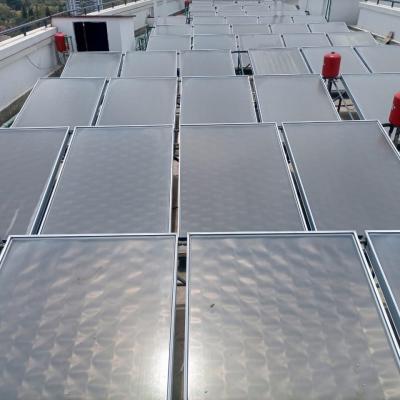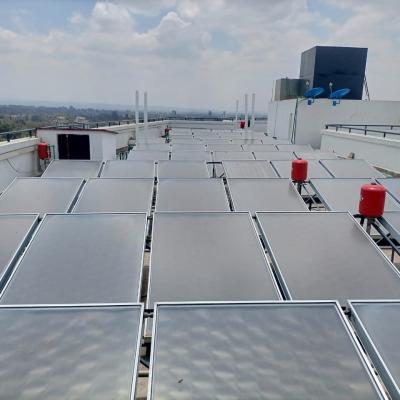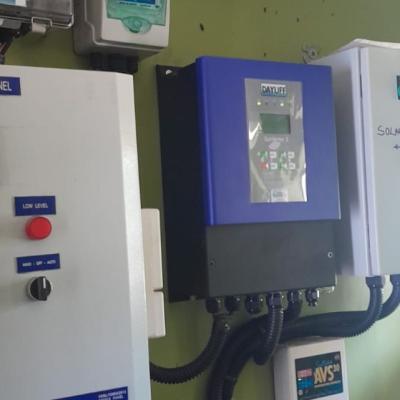
Adapting to using a water pump for your borehole
In the realm of water management, the adoption of modern technology, particularly water pumps, represents a pivotal shift from traditional methods. As the world faces growing challenges related to water scarcity and resource management, it becomes increasingly important to recognize the advantages of embracing water pumps. Here, we delve into the seven compelling reasons why transitioning to water pumps is crucial for optimizing efficiency and ensuring a sustainable future.
-
Increased Efficiency in Water Distribution -
Water pumps offer a significant improvement in the efficiency of water distribution compared to traditional methods. The precision and control afforded by modern pump systems allow for targeted water delivery, minimizing waste and optimizing resource utilization. This efficiency is particularly crucial in agricultural settings, where precise irrigation can enhance crop yields while conserving water.
-
Energy Conservation and Sustainability -
Modern water pump technologies are designed with energy efficiency in mind. By utilizing advanced engineering and sustainable practices, water pumps consume less energy compared to traditional water-lifting methods. This not only reduces operational costs but also aligns with the global push for sustainable, energy-conscious solutions to address environmental concerns.
-
Cost Savings and Long-Term Viability -
While the initial investment in a water pump system may seem substantial, the long-term cost savings are undeniable. Traditional water-lifting methods often involve significant manual labor and operational expenses. In contrast, water pumps automate the process, reducing labor costs and increasing overall system longevity, making them a financially viable choice in the long run.
-
Improved Water Quality -
Water pumps contribute to enhanced water quality by facilitating controlled and efficient water transfer. Traditional methods, such as bucket or manual pumping, are more prone to contamination, particularly in open water sources. Water pumps can draw water from deeper, cleaner sources, reducing the risk of pollution and ensuring a safer water supply.
-
Adaptability to Varied Applications -
Water pumps are highly versatile and adaptable to various applications. Whether for agricultural irrigation, industrial processes, or domestic water supply, modern pump systems can be customized to meet specific needs. This adaptability allows for a more widespread and efficient utilization of water resources across diverse sectors.
-
Reliability and Consistency -
Water pumps provide a reliable and consistent water supply, overcoming the limitations of traditional methods that are often dependent on manual labor and weather conditions. Automated pump systems can operate continuously, ensuring a steady water flow crucial for agricultural productivity, industrial processes, and daily household needs.
-
Technological Advancements and Remote Monitoring -
Advances in water pump technology include features such as remote monitoring and automation. These innovations enable users to monitor and control water pump systems from a distance, optimizing operational efficiency and reducing the need for constant physical oversight. This not only enhances convenience but also contributes to resource conservation.
The transition from traditional water-lifting methods to modern water pump systems is imperative for addressing the evolving challenges of water management. Efficiency, sustainability, cost savings, and adaptability are among the compelling reasons to embrace water pumps. As we prioritize the optimization of water resources, the adoption of advanced technologies like water pumps emerges as a crucial step towards a more resilient and sustainable water future.






